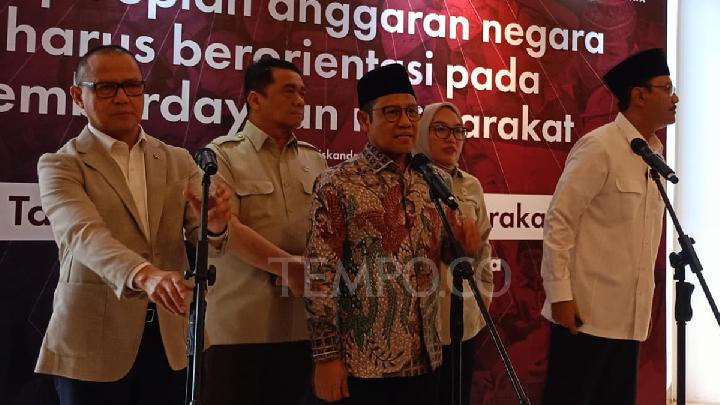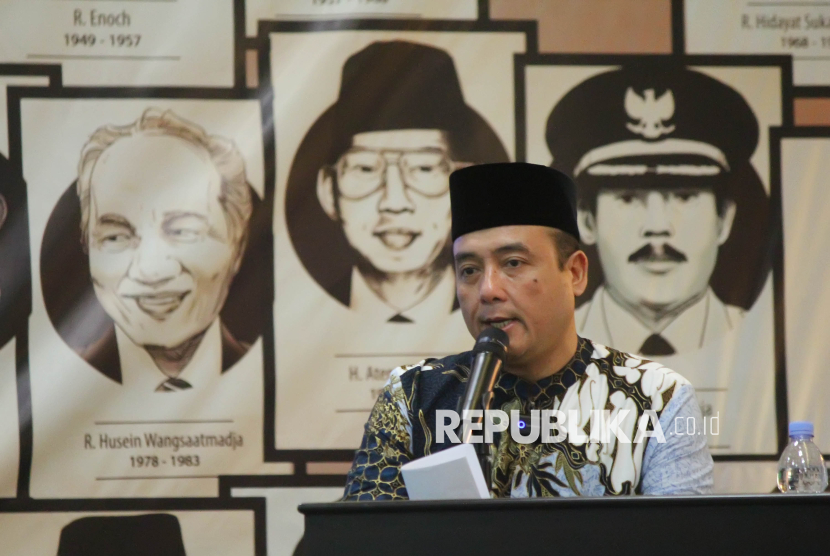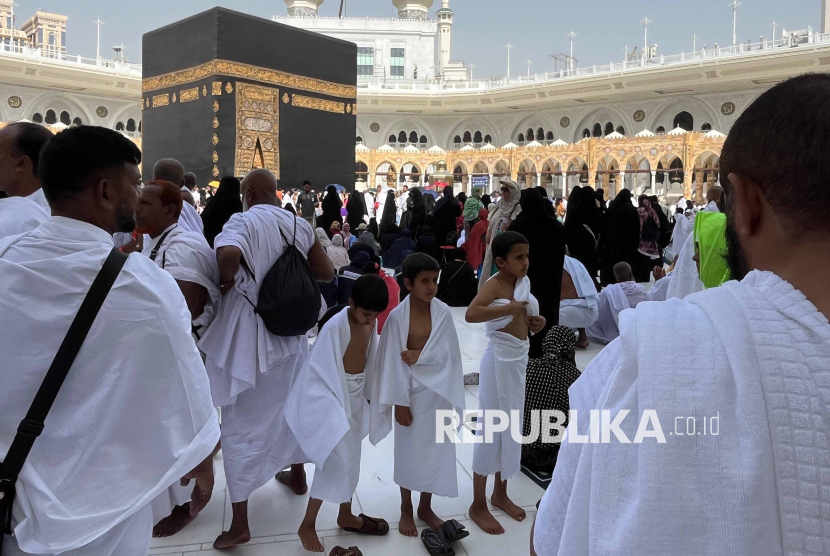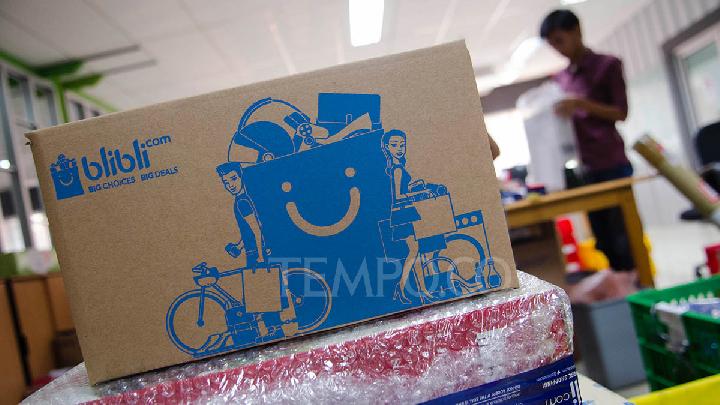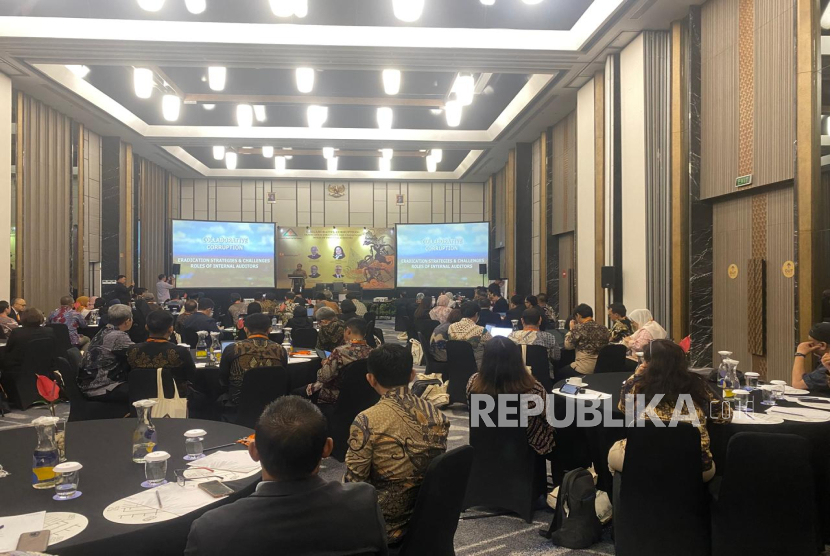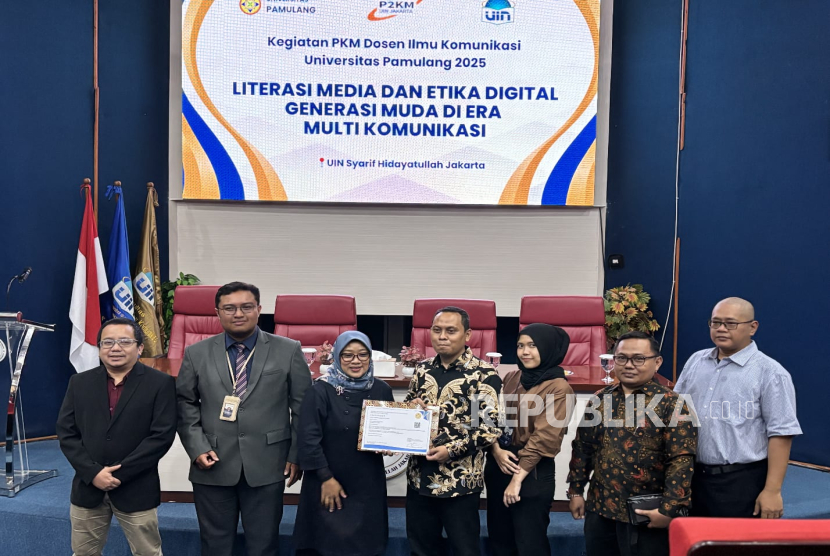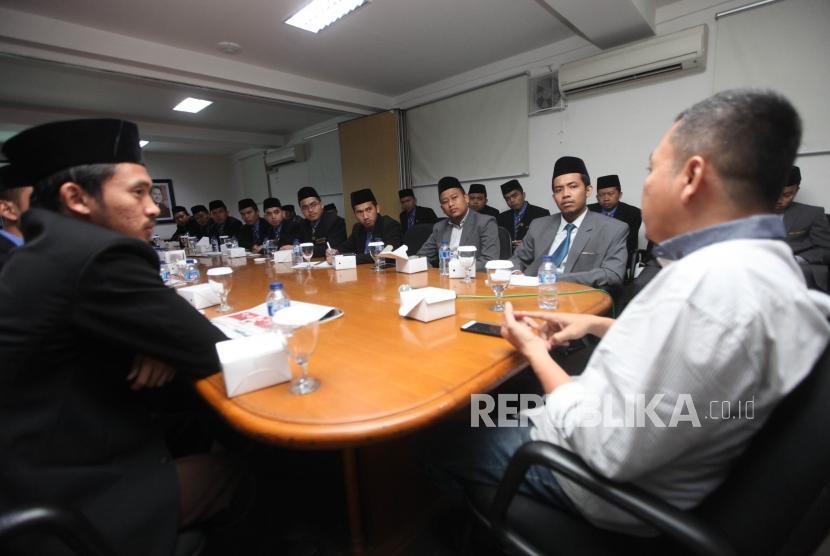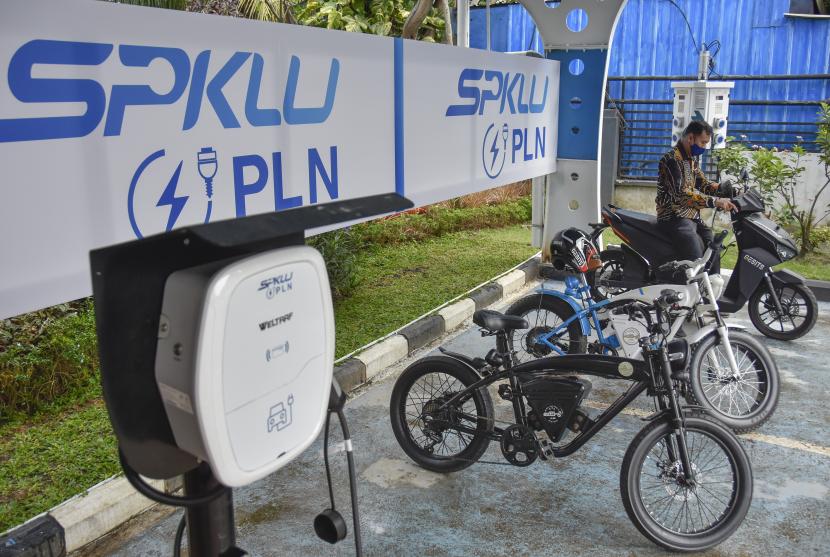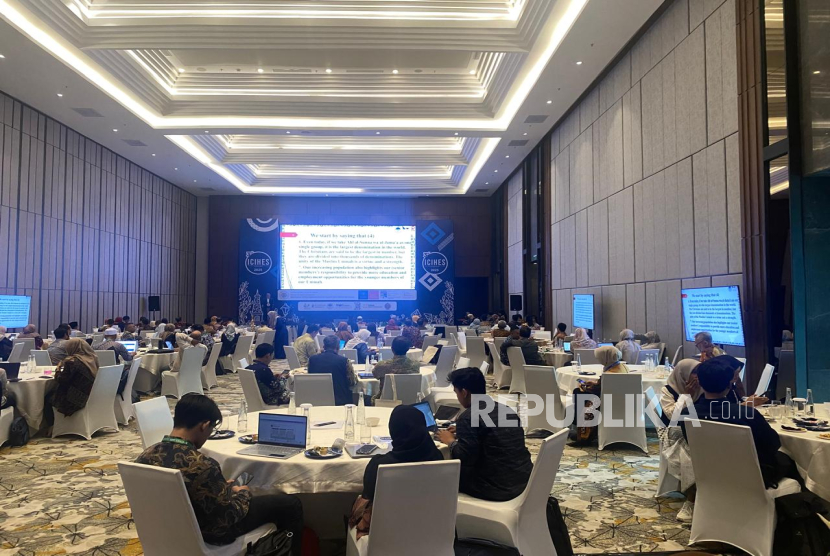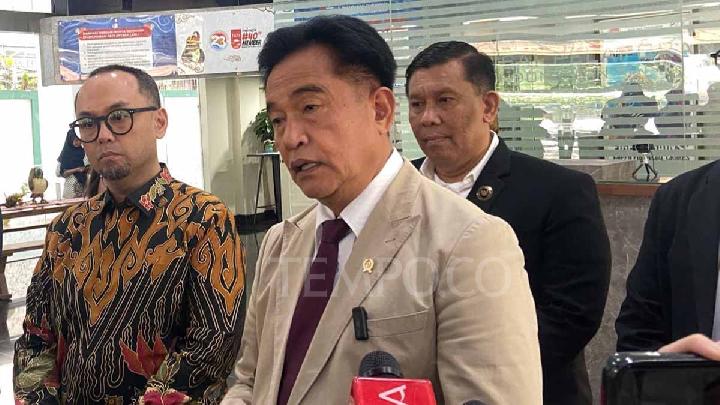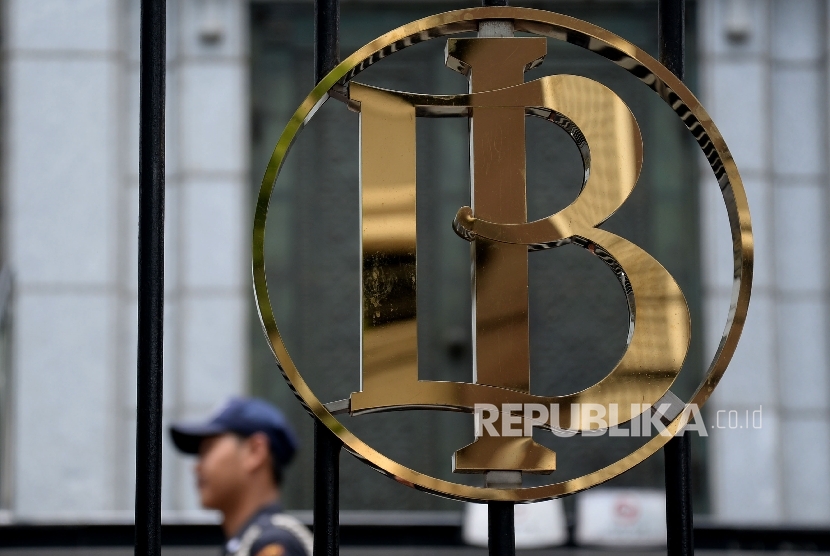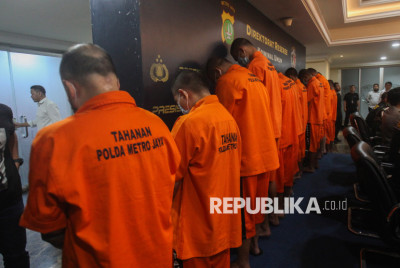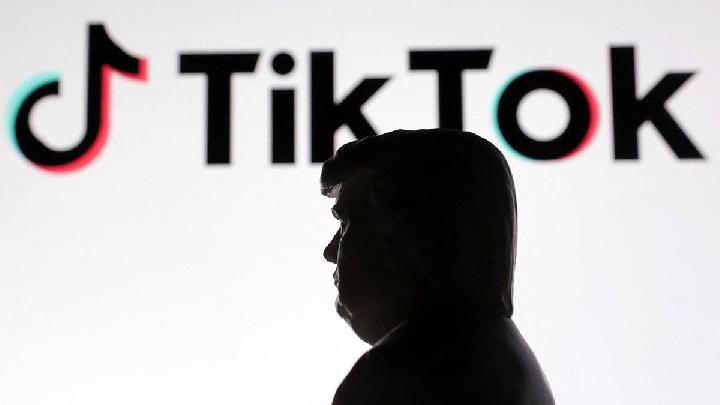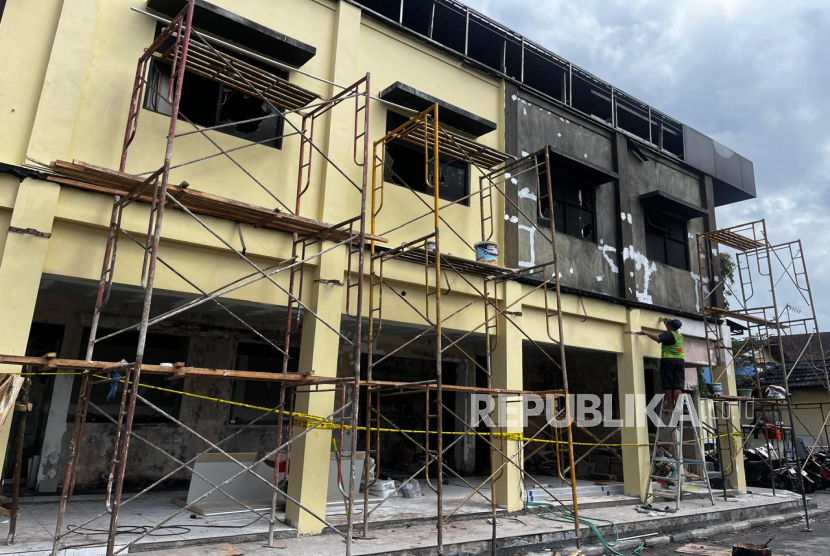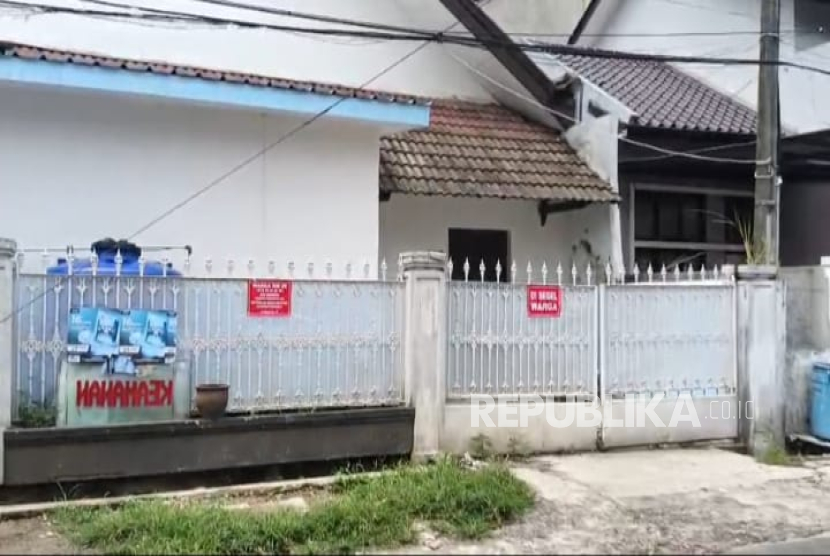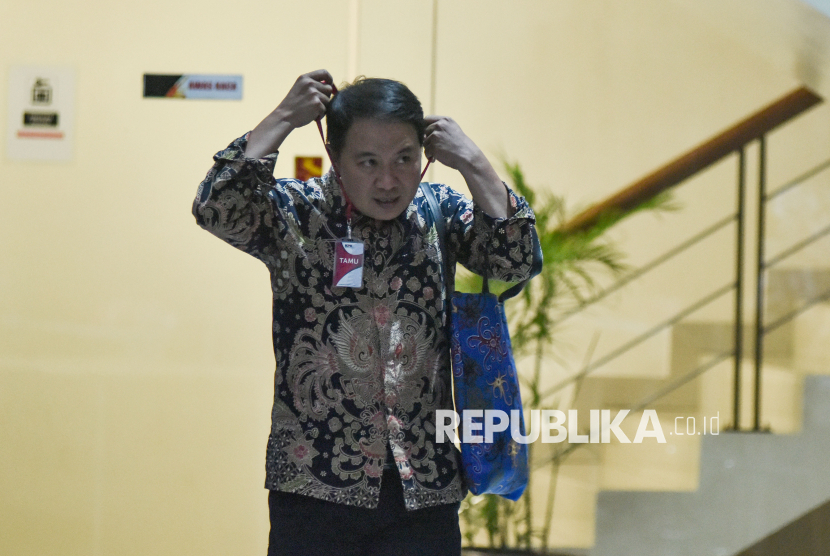August 3, 2025 | 07:06 pm

TEMPO.CO, Jakarta - Google's parent company, Alphabet, has officially spun off the Taara project from the X Lab innovation laboratory and turned it into an independent company. Taara emerges as a new competitor in the global internet connectivity industry with a different approach from satellite services like Elon Musk's Starlink.
If Starlink utilizes a constellation of satellites in low Earth orbit, Taara relies on Free Space Optical Communication (FSOC) technology. This system emits high-speed internet signals through invisible laser beams. This step is a new innovation by Alphabet to promote non-traditional internet solutions after previously shutting down the Project Loon internet balloon project in 2021.
Now, as an independent entity, Taara has a bigger opportunity to obtain external investment and aggressively expand its operations. Taara has received funding support from Series X Capital, while Alphabet still holds minority ownership.
Taara, currently led by CEO Mahesh Krishnaswamy, targets 3 billion people worldwide, including 860 million people in Africa who do not have reliable internet access. The company will directly rival Starlink, which has gathered more than 5 million customers in 125 countries.
“We have this sophisticated set of mirrors that searches for this light signal, and the moment they find it, they lock in,” said Mahesh when explaining about Taara on Google's Moonshot podcast on Monday, March 17, 2025, as reported by Techcabal.com.
What is Taara and How Does It Work?
Unlike Starlink, which relies on a large network of satellites in low Earth orbit, Taara uses Free Space Optical Communication (FSOC) technology. The FSOC system transmits data through invisible laser beams that cross the atmosphere, creating ultra-fast internet connections without requiring expensive optical fiber cables.
With speeds of up to 20 Gbps within a maximum range of 20 kilometers, Taara aims to provide high-speed connectivity to remote areas.
Although laser-based internet technology has been around for several years, the advancements brought by Taara make this technology more viable to overcome major challenges like weather disturbances. Its smart terminals, for example, use sensors and algorithms to adjust positions in real time to maintain a stable and reliable connection.
Taara's smart terminal devices are equipped with sensors and AI algorithms that allow real-time position adjustments to maintain signal stability even when facing disruptions such as fog, rain, or other visual obstacles.
During trials in India and Africa, Taara has proven capable of bridging connections between buildings and even connecting two capital cities separated by the Congo River, Kinshasa and Brazzaville, without the need for underwater infrastructure.
Although both target remote areas, Taara and Starlink have fundamentally different approaches. Starlink relies on satellites and radio spectrum, while Taara builds ground-based connectivity with lasers.
However, Taara also has limitations. As reported by Forbes, challenges include the need for a direct line of sight between terminals and sensitivity to weather conditions.
With the emergence of Taara as an independent company, the landscape of non-traditional internet connectivity continues to evolve. Although Starlink leads with its satellite-based network, the competition is growing fierce.
In Europe, for example, Eutelsat OneWeb also emerges as a major challenger. The company aims to expand its presence in Ukraine as an alternative to Starlink, considering the geopolitical tensions and uncertainty about the sustainability of Starlink services in the region.
Editor’s Choice: Harnessing Technology for Early Warnings on Earthquakes
Click here to get the latest news updates from Tempo on Google News
Harnessing Technology for Early Warnings on Earthquakes
7 jam lalu

Earthquakes cannot be prevented. But AI-based early warning systems can save lives and infrastructure.
US Senate Urges Elon Musk to Suspend Starlink Operations in Southeast Asia
1 hari lalu

The U.S. Senate is pressuring Elon Musk to stop providing Starlink service in Southeast Asia. What is the reason behind this?
Google Transforms over 2 Billion Android Devices into Earthquake Warning System
2 hari lalu

Google's Android Earthquake Alerts (AEA) system has detected over 11,000 earthquakes and sent 1,200 alerts in 98 countries from 2021-2024.
Personal Data Exchange Clause in US-Indonesia Deal Not Final Yet, Minister Says
6 hari lalu

Deputy Minister Nezar Patria said the Indonesia-US trade deal is not final and does not grant foreign access to citizens' personal data.
Google Rolls Out Web Guide Feature for AI-Curated Search
6 hari lalu
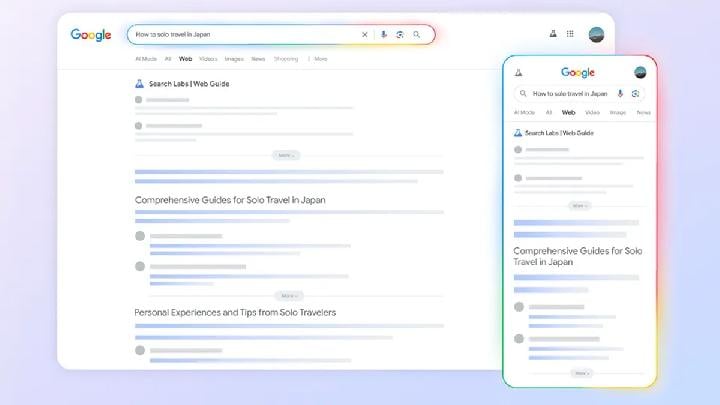
The Web Guide feature is part of Google's Search Labs project.
The Hidden Risks of Using Free Wi-Fi at Airports
6 hari lalu

Internet networks or Wi-Fi at airports can be used to check emails, access bank accounts, or book hotels.
Indonesian Police Admits Widespread Availability of Citizens' Personal Data on the Internet
7 hari lalu
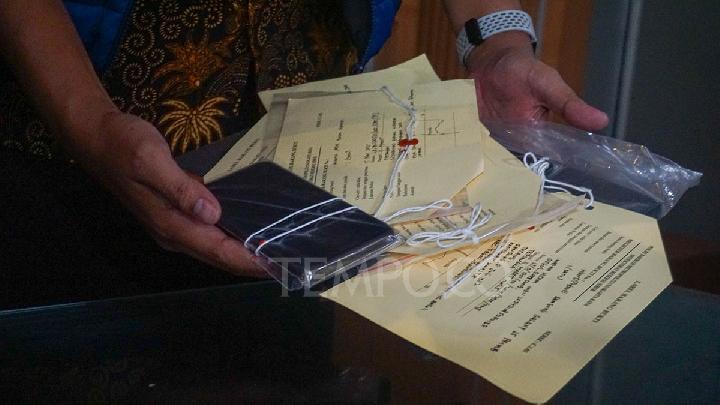
The vulnerability of personal data online and the potential misuse of such data have become a hot topic recently.
Gaza-Bound 'Handala' Aid Ship Resumes Journey After Communication Blackout
8 hari lalu

The Freedom Flotilla Coalition states that a drone was spotted near the ship for two hours, urging global pressure to end the Gaza blockade
ChatGPT Receives 2.5 Billion Prompts a Day, Starting to Rival Google?
10 hari lalu

Around 330 million of the total prompts for ChatGPT come from users in the United States
KPK Probes Alleged Corruption in Education Ministry's Google Cloud Procurement
11 hari lalu

The Corruption Eradication Commission (KPK) is investigating alleged corruption in the procurement of Google Cloud services at the Ministry of Education, Culture, Research, and Technology (Kemendikbudristek), which is still in connection with the Chromebook corruption allegations.

